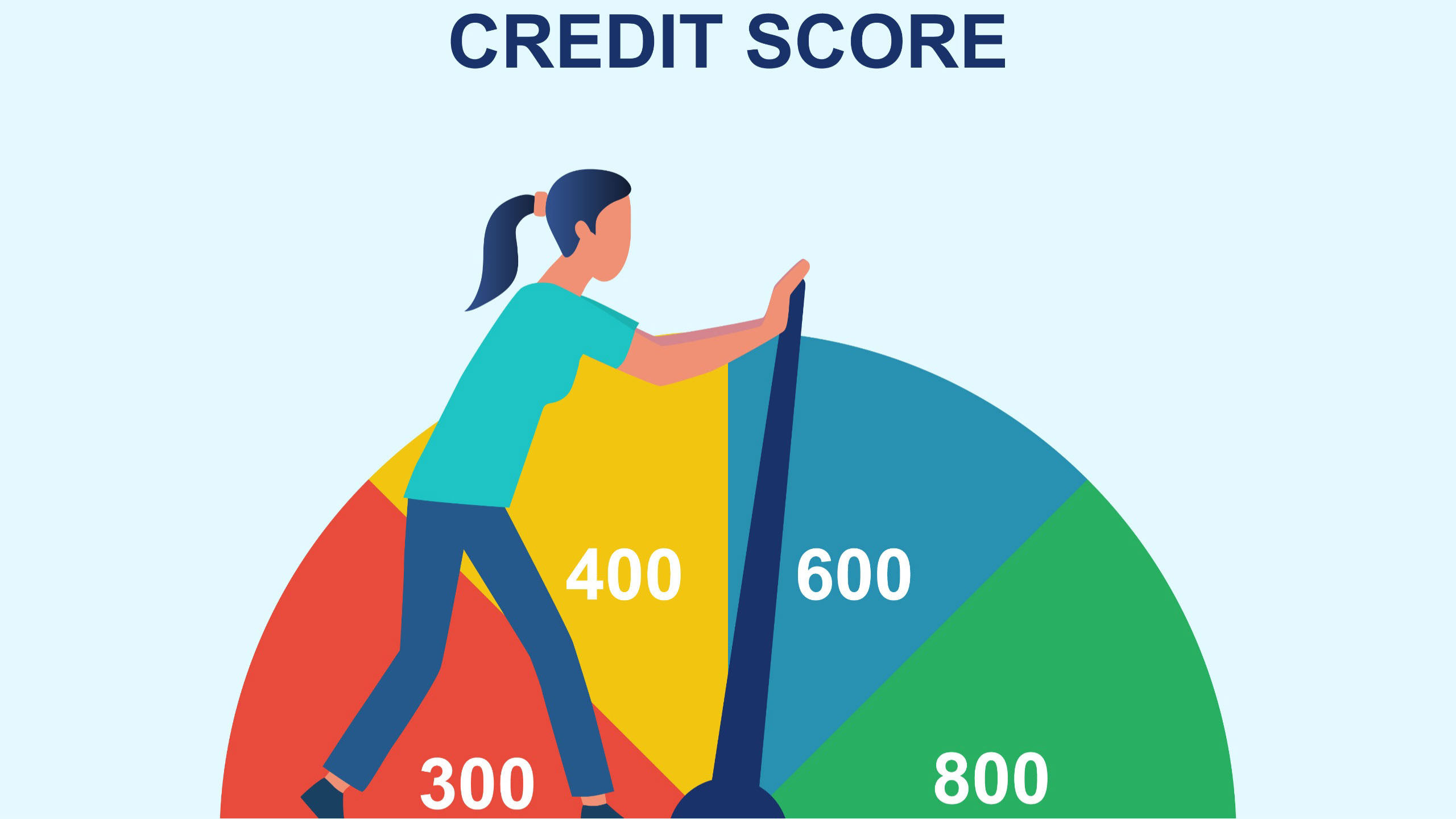In today’s financial landscape, understanding credit and credit scores is essential. Whether you’re planning to buy a home, finance a car, or simply secure a better interest rate on a loan, your credit score plays a critical role. But what exactly is a credit score, and how does it impact your financial life? Let’s break down the basics to help you navigate your credit journey more effectively.
What is Credit?
Credit is essentially the ability to borrow money or access goods and services with the understanding that you’ll pay back the lender or provider at a later date. It’s a cornerstone of modern finance, allowing individuals and businesses to make significant purchases or investments without paying the full amount upfront.
When you use credit, such as a credit card or loan, you agree to certain terms, including the interest rate and repayment schedule. Your ability to manage credit responsibly affects your creditworthiness, which is reflected in your credit score.
What is a Credit Score?
A credit score is a numerical representation of your creditworthiness, based on your credit history. It’s a three-digit number, typically ranging from 300 to 850, with higher scores indicating lower credit risk. Lenders, landlords, and even some employers use your credit score to assess your financial reliability.
Credit scores are calculated using various models, with FICO and VantageScore being the most common. These scores are derived from the information in your credit reports, which are maintained by the three major credit bureaus: Experian, Equifax, and TransUnion.
Factors That Affect Your Credit Score
Several key factors influence your credit score:
- Payment History (35%):
- This is the most significant factor in your credit score. It reflects whether you’ve paid your bills on time. Late or missed payments can significantly lower your score, while a consistent history of on-time payments will boost it.
- Credit Utilization (30%):
- This refers to the amount of credit you’re using compared to your total credit limit. Keeping your credit utilization below 30% is generally recommended to maintain a good credit score.
- Length of Credit History (15%):
- The longer your credit history, the better. This factor considers the age of your oldest account, the age of your newest account, and the average age of all your accounts.
- Credit Mix (10%):
- Having a variety of credit types (credit cards, mortgages, auto loans, etc.) can positively impact your score, as it shows you can manage different types of credit responsibly.
- New Credit (10%):
- Opening several new accounts in a short period can lower your score, as it may indicate financial distress or increased risk. Each new application also results in a hard inquiry on your credit report, which can temporarily decrease your score.
Why Your Credit Score Matters
Your credit score impacts various aspects of your financial life:
- Loan Approvals: Lenders use your credit score to determine your eligibility for loans and credit cards. A higher score increases your chances of approval.
- Interest Rates: With a higher credit score, you’re more likely to qualify for lower interest rates, saving you money over the life of a loan.
- Rental Applications: Landlords often check credit scores to assess the risk of renting to potential tenants. A poor score could make it harder to secure a rental.
- Employment Opportunities: Some employers, especially in the financial sector, may check your credit score as part of the hiring process.
Tips for Building and Maintaining a Good Credit Score
- Pay Your Bills on Time: Set up reminders or automatic payments to ensure you never miss a due date.
- Keep Balances Low: Aim to use less than 30% of your available credit to keep your utilization ratio in check.
- Avoid Opening Too Many New Accounts: Space out your credit applications to avoid multiple hard inquiries in a short period.
- Monitor Your Credit Report: Regularly check your credit report for errors and dispute any inaccuracies you find.
- Diversify Your Credit Mix: If possible, manage a mix of credit types to show lenders that you can handle different forms of credit.
Conclusion
Understanding credit and credit scores is crucial for managing your financial health. By knowing what affects your credit score and taking steps to improve it, you can unlock better opportunities and secure a stronger financial future. Whether you’re just starting your credit journey or looking to improve your score, the key is to stay informed and proactive in managing your credit.


